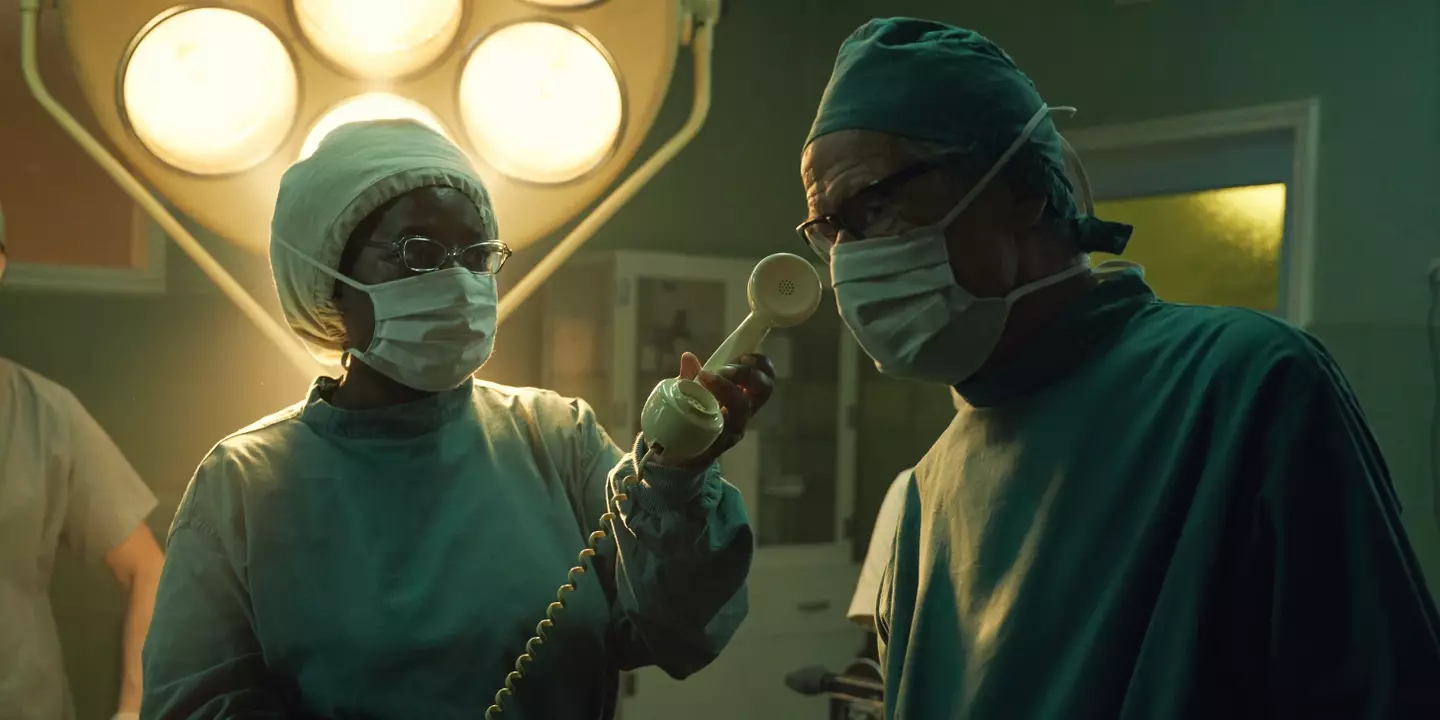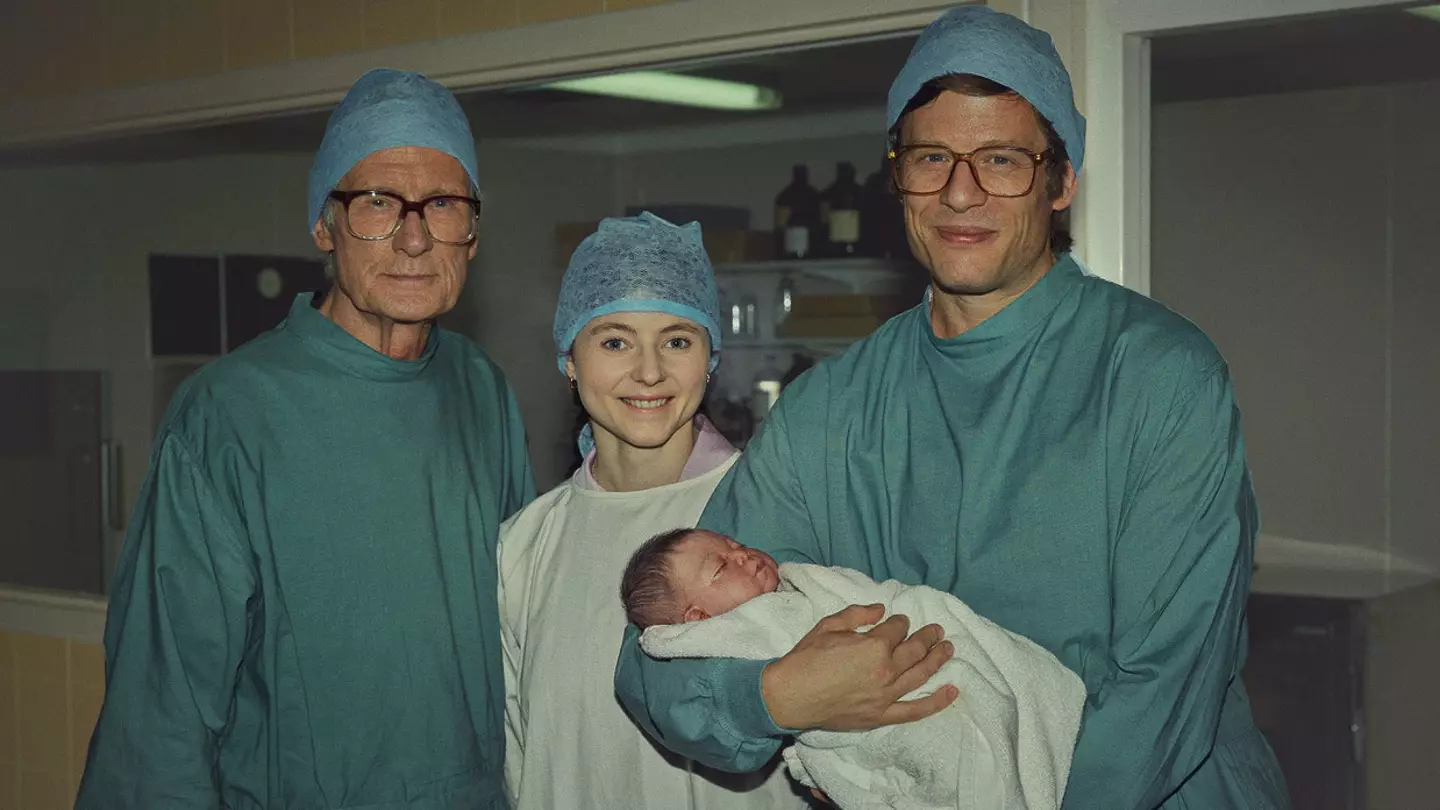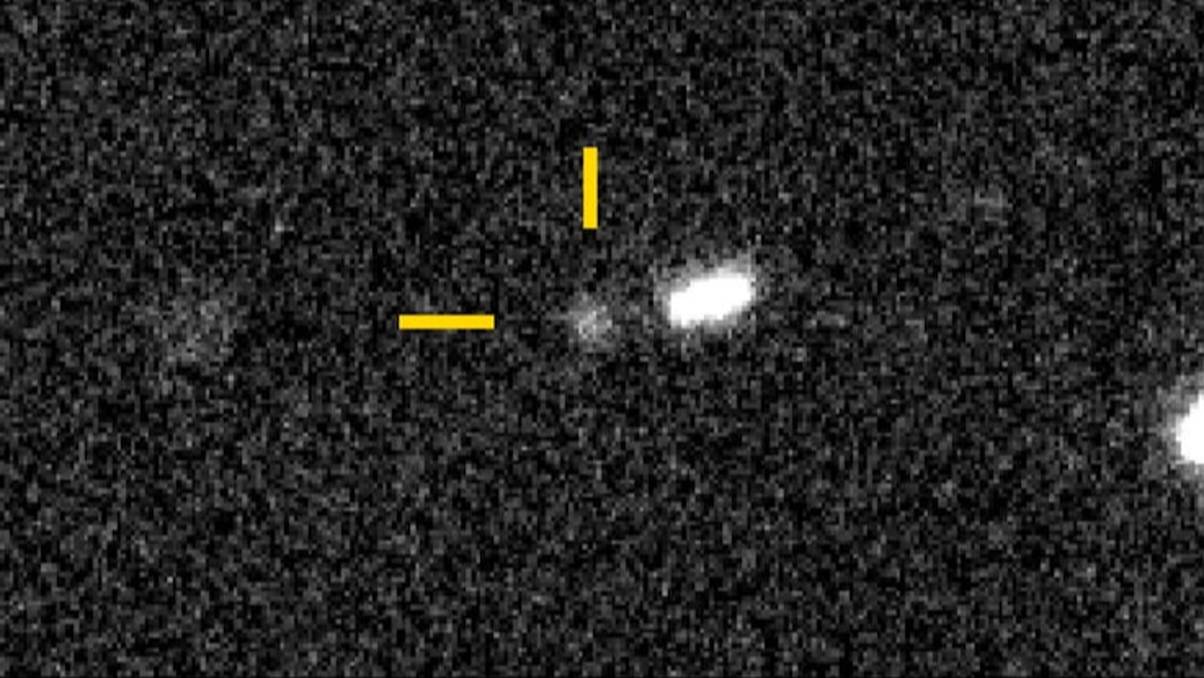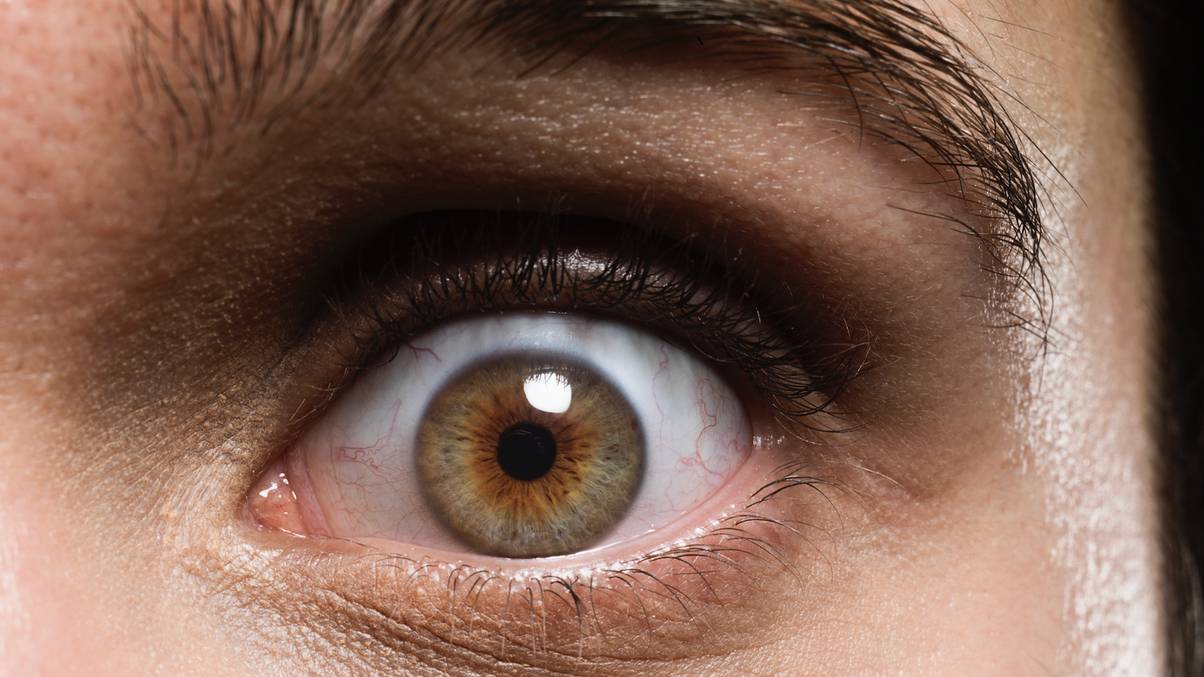“Behind the Closed Doors: Bill Nighy and Thomasin McKenzie Unveil the Unbelievable Truth of Filming Intimate Birth Scenes with a Live Newborn!”
Ever wonder what it’s like to deliver a baby—on set, no less—while juggling the intricacies of scientific jargon? Well, that’s exactly what actors Bill Nighy and Thomasin McKenzie faced while filming the new Netflix movie Joy. In a genre that straddles the line between medical drama and inspiring biopic, they dive into the tumultuous history of in vitro fertilization (IVF) through the lens of Jean Purdy, one of the trailblazers in reproductive science. With live baby scenes throwing a curveball in the mix, there’s a blend of heart-stopping moments and intense emotional work that Nighy and McKenzie had to navigate. So, what do you think? Was it more stressful wrestling with slippery gloves or the vulnerability of retelling such a profound story? If you’re curious about the behind-the-scenes drama (and the unexpected parenting lessons learned along the way), you can explore the full details of their experience. LEARN MORE.
Bill Nighy and Thomasin McKenzie have opened up on what it was like to film ‘stressful’ and ‘challenging’ medical scenes in Netflix’s new IVF film Joy – which included using a live baby on set.
Nighy and McKenzie star alongside Happy Valley‘s James Norton in the new film, which sheds light on the difficult path to creating In vitro fertilisation (IVF) as well as the forgotten story of Jean Purdy (McKenzie), one of the three pioneers crucial in creating the life-changing scientific breakthrough.
Watch the trailer below:
Set over a span of a decade in the 1960s and 70s, Joy reveals how Purdy, the world’s first embryologist, worked alongside obstetrician Patrick Steptoe (Nighy) and physiologist Robert Edwards (Norton) to facilitate the birth of Louise Brown – who would go on to be known as the world’s first ‘test tube baby’.
Despite IVF now being considered an extraordinary breakthrough in reproductive science – allowing the birth of over 10 million children – the film explores how the trio faced extreme backlash at the time and details the personal sacrifices Purdy, Steptoe and Edwards made in order to combat infertility.
Due to the medical nature of the film meant their was a lot of scientific terms for the actors to get their heads around, as well as a particularly graphic scene to depict the Louise Brown’s birth, which included a real baby.

The nature of the Joy meant the actors were required to film multiple medical scenes (Netflix)
Holding a new baby covered in ‘sticky, slippery stuff’ was something particularly daunting for 74-year-old Nighy who revealed in an interview with LADbible that he was ‘anxious’ about accidentally dropping the child.
“The worst [scene] was when I had to deliver Louise Brown, because they had a very brand new baby, a live baby, who they had to cover in sticky, slippery stuff to make them look as if they’d just come out of their mum and I had very wet plastic gloves on, and it was a very hard floor,” he explained.
“We did it about 15 times, and every time I thought, this is the one where I dropped the child. So that was quite that was quite anxious making.”
Making sure they depicted the scientific aspects of the film accurately was something which was also on the mind of McKenzie, who stressed that it was important for her to do ‘justice’ when depicting a true story.

The inclusion of a real baby had made Bill Nighy ‘anxious’ during filming (Netflix)
“I didn’t want an embryologist to watch the film and be like, ‘Oh, they’ve messed that up’,” she recalled, adding that there had been an embryologist on-set to advice on the accuracy of all medical and scientific scenes.
The Last Night in Soho actress even revealed that preparing for the role had been an educational one for her when it came to learning about the reproductive system.
“I felt like I came out of Joy feeling empowered because I knew more about how my own body works,” she added.
Joy is in select cinemas across the UK & Ireland from the 15th of November before launching on Netflix globally on the 22nd of November, 2024.














